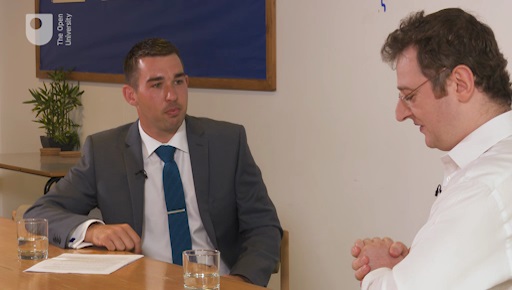4 Going on to further and higher education
For around two-thirds of school leavers, according to UK data, the next destination is more education (DoE, 2017). Generally, study for a diploma qualification will be in a college of further education, and study for a degree qualification will be in a university, but there are all kinds of different courses on offer across a range of educational providers. Since the 1980s there’s been a huge increase in the proportion of school leavers choosing to go to college or university. Inevitably the cost of funding an enlarged further and higher education sector has risen too. The primary consequence is that the cost of going to college or university now falls very much on students and their families.
In this video Dan Bennett, Assistant Head of Year 13 at Denbigh School, Milton Keynes talks about factors to take into account when you’re choosing universities and courses.

Transcript
The annual tuition fees charged by most universities are £9250 (as at the 2023/24 academic year). On top are the accommodation and other living costs while you’re at university. These can be covered by borrowing money in the form of student loans. You’ll look at these loans later in the session.
Governments justify these financial arrangements on the basis that graduates end up in better paid jobs than non-graduates. They argue that the money paid for further and higher education should be viewed as an investment for the future – and therefore it’s worth the cost.
But whatever the economic justification, getting a degree is a costly exercise. Students are now graduating with debts often well in excess of £50,000. Looking at this figure, you’ll see why understanding the cost of education after you’ve left school is so important.
You need to consider taking courses that will help your future career, but you also need to balance this by making sure you’ll like the subjects you’ll be studying.
Allow time and space to research your options, and even at this stage review the employability record of graduates of courses you’re thinking of applying for.
